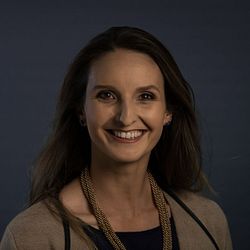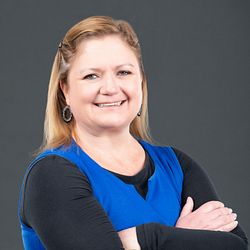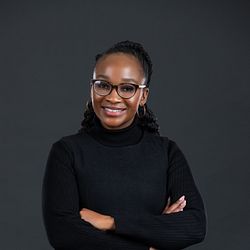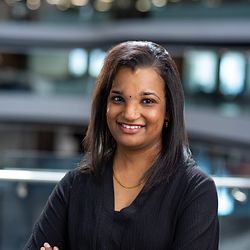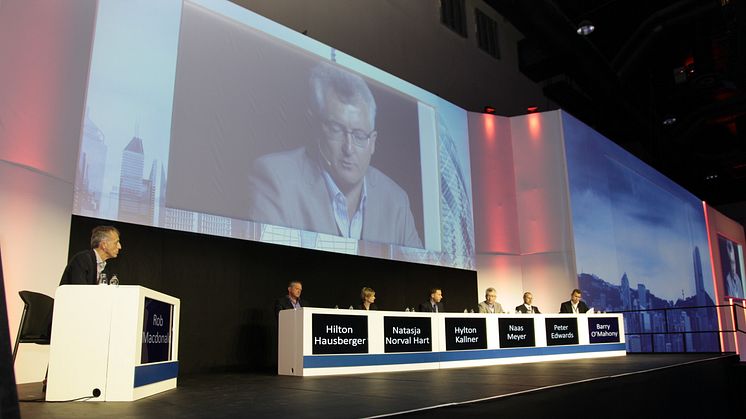
News -
Learning from elite advisors
The financial planning business is not about sales, but about trust, said Barry O’Mahoney on Thursday, founder of Veritas Wealth and current Financial Planner of the Year. Planners and advisors had to be competent, through appropriate courses or designations such as the Certified Financial Planner, but trust was also about people. O’Mahoney was speaking at the Discovery Financial Planning Summit on Thursday.
“It’s not about selling a product. Our product is advice. The minute we understand that, the rest becomes easier,” he said. Most new business should come from existing clients or from new clients one step away.
O’Mahoney was one of the elite advisors – defined as those grossing R10 million or more a year – invited to share their secrets in a panel discussion chaired by Rob MacDonald, chief operating officer of multi asset-management business MitonOptimal South Africa. Other panelists were Discovery Chief Marketing Officer Hylton Kallner, Alexander Forbes CEO Peter Edwards, Sasfin executive Natasha Norval-Hart, Excalibur Wealth Manager founder Naas Meyer, and elite adviser Hilton Hausberger.
Kallner said the most successful advisors all shared four characteristics: increasing expertise, a positive attitude, work ethic, and integrity – with the last trait being the most important. “We’ll never offer a product or service that we wouldn’t sell to our mothers. That’s the litmus test. Integrity underpins every successful advisor we see.”
Meyer agreed, saying that his business had been successful only because his firm had built deep trust relationships with his clients. “Align your interests with those of the client. If you earn the client’s trust, the clients will refer business to you,” he said.
He had chosen to focus on building a business rather than a personal brand and, like O’Mahoney, on institutionalising processes. O’Mahoney said he concentrated on the quality of interaction with clients, and had completed a Lifeline course to this end.
Alexander Forbes focused on retirement fund administration, and maintained an internal focus, with the aim of ensuring that every client was well provided for. Consequently, said Edwards, the group looked closely at preservation rates and capture rates. “We have to build the right support structures so that they (advisors) can spend more time with clients, and make sure the clients get the best service at the end of the day.”
Norval-Hart said a segmented approach was necessary at Sasfin, particularly as advisors and planners now had to justify the fees they charged to clients. “In the old days, no one asked what you did for that fee. Now, you need to be able to say what service you’re giving to that client,” she said. At Sasfin, clients in the A+ category should have their queries answered within 24 hours. “You’re not overnight going to have the perfect process, but you have to start somewhere,” she said.
Planning and preparation were vital to his success, said Hausberger, who has over 400 clients he sees on a quarterly basis. “I spend Sunday planning for my week, and I have a team of administrators who help me prepare, so that I can have up to four client meetings a day,” he said.
Hausberger's clients had received over R100-million in claims over the past 18 years, and as a result, children had been able to continue their schooling while surviving spouses were taken care of financially. “That’s when you realise how important your role as a financial adviser is,” he said.
